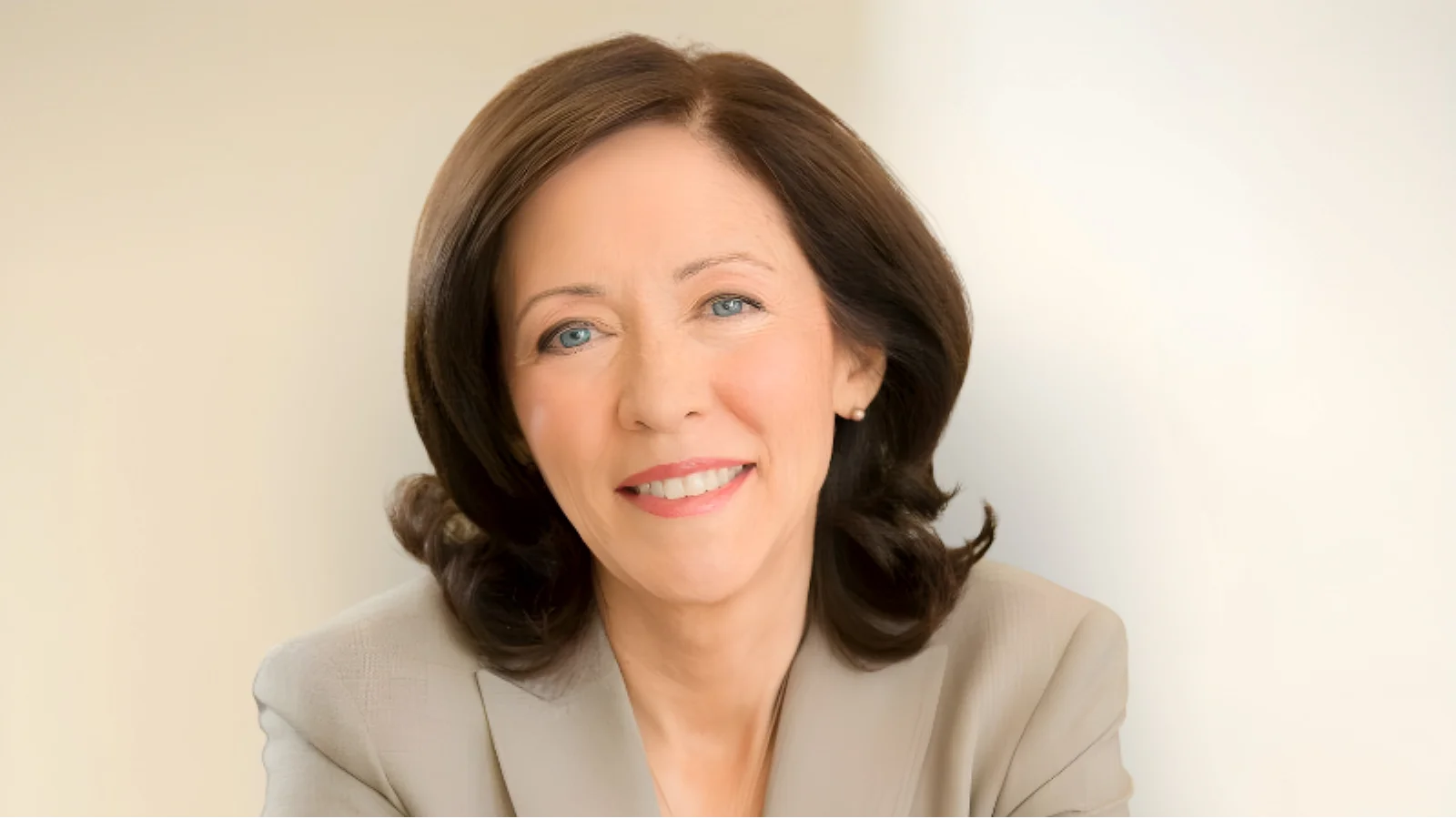U.S. Senator Maria Cantwell, Ranking Member of the Senate Committee on Commerce, Science and Transportation, delivered an opening statement at a hearing focused on the United States' efforts to return to the moon before China establishes a permanent presence there.
During her remarks, Cantwell highlighted the strategic importance of returning to the moon, emphasizing that it is not solely about national prestige or headlines. She pointed out that global leaders including President Xi Jinping of China, President Vladimir Putin of Russia, and Prime Minister Narendra Modi of India were meeting in China for discussions that could include space and defense topics. Cantwell also noted North Korean leader Kim Jong Un’s interest in advancing rocket technology.
Cantwell stated: “Today we're here in a race with China to return to the moon and stay there. Beating China back to the moon isn't just about bragging rights, and it's certainly not just about grabbing headlines. But today, it's clear that President Xi, President Putin and Prime Minister Modi are all in China having a big national security and strategic discussion that could easily, easily include space and defense and security and defense implications.”
She stressed the need for continued technological advancement as vital for both economic growth and national security. Drawing parallels with developments from the 1960s space program, Cantwell underscored how past investments led to innovations still relied upon today.
“So, we must not waver in this important mission of technology and national security defense. I believe each of the witnesses will tell us something about this today and why the consequences of failing to achieve this goal will be monumental,” Cantwell said.
Cantwell referenced testimony from Lieutenant General Shaw: “I believe if we do not unify and synchronize our efforts, we will find ourselves rather than the space leaders we are today, instead in a position of increasing disadvantage in space as we progress further into this century.” She agreed with Shaw's assessment on the need for unified efforts across government agencies and commercial partners.
The senator highlighted Washington State’s significant role in aerospace innovation. According to Cantwell, around 77,000 people are employed in Washington’s space economy alone—with over 100,000 working more broadly across aerospace—at companies such as Aerojet Rocketdyne, Boeing, and Blue Origin. These firms contribute critical infrastructure like rocket systems, crew capsules, lunar orbit stations (Gateway), and human landers.
Cantwell also recognized Colonel Anne McClain from Spokane for her recent service as Crew Commander on an International Space Station mission from March through August.
Expressing concern over potential delays to NASA’s lunar plans amid international competition—especially given China's ambitions—Cantwell called for maintaining focus on dual lander development so future missions can become routine operations rather than isolated events.
She added: “I don't know that it takes a genius to figure out that while China may be projecting 2030...there's nothing to say that they won't go sooner...we don't need another Sputnik moment.”
Cantwell emphasized Congressional responsibility in supporting NASA’s Artemis program budget: “The only thing we have to do is make sure we in Congress get the budget right and support the Artemis mission.”
She warned against allowing China dominance over cislunar communications architecture—the region between Earth and Moon—which she described as essential for future U.S. interests: “We can't allow that to happen. We need to continue to move forward quickly...because our national security and defense depends on it.”
Concluding her statement by thanking committee leadership for funding Artemis efforts thus far, Cantwell reiterated her commitment toward ensuring appropriate resources for NASA’s objectives relating both innovation advances and U.S. security interests.








